
Shortly after Silent Night Twin Take:
Reed: Griffin, that’s totally insane! Die Hard is not, never has been, and was not intended to be, a Christmas movie!
Griffin: GASP! How dare you! The film is littered with Christmas-y elements!
Reed: What?! It’s an action movie! A cop from New York who flies out to Los Angeles to see his estranged wife, ends up trapped in her office building when it’s taken over by terrorists, and has to fight them off by crawling through vents and elevator shafts to ambush them– there’s start-to-finish swearing and wanton violence! If the Christmas movies you’ve been watching look like that, I can’t tell you how disturbed I feel right now!
Griffin: Well, plenty of classic “Christmas” movies only involve the holiday tangentially. Take Miracle on 34th Street: for at least the latter half of the movie, that film is a courtroom drama–the person on trial simply happens to be a man claiming to be Santa Claus.
Reed: But Miracle on 34th Street is about belief–feeling like wishes really can come true, as they do on Christmas! It makes itself about Christmas–who Santa Claus is and how he would really react to America’s commercialized Yuletide culture! Die Hard just takes place on Christmas because a Christmas party is an excuse for protagonist John McClane to visit his wife, and an opportunity for Alan Rickman’s Hans Gruber and crew to storm the building. The story could take place on Arbor Day or Boss Appreciation Day and nothing would change.
Griffin: Au contraire! John McClane sliding through an elevator shaft is basically an epic version of Santa going down a chimney. Moreover (spoiler alert!), the terrorists who storm Nakatomi Plaza aren’t terrorists at all–they’re a crew of thieves. In other words, they’re consumed by greed, a sentiment that runs totally contrary to the generous spirit of Christmas–and John McClane shooting them is the ultimate extension of Santa putting coal in your stocking. For crying out loud, he even writes “HO-HO-HO” on the shirt of one of his victims!
Reed: But that’s just a bit of grim cheek to give the film more zest. Christmas is a time of peace and love, not violence and vigilantism!
Griffin: Well, if Christmas is so unrelated to the plot, why does the film have so many reminders that that’s when the movie takes place? The movie opens with an airline stewardess wishing disembarking passengers a merry Christmas! Master criminal hacker Theo says the same thing when the thieves finally open the Nakatomi vault! Even in the iconic guns-taped-to-McClane’s-back scene, the tape he uses has a mistletoe design on it!
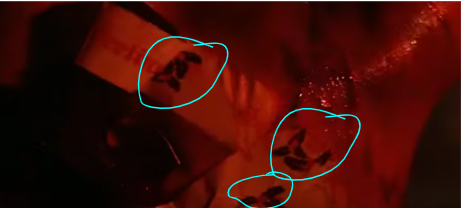
Reed: Well…maybe so. But how do Christmas values fit into the movie? Does this movie talk about getting what you want, or what happens if you don’t? About the joy of giving? About kindness, or mercy, or magic? About literally anything more than bad guys getting shot?!
Griffin: It talks about family! The subplot is that McClane hasn’t supported his wife Holly’s move to LA for her career, and it’s threatening their marriage! Because of Holly’s decision, John hasn’t seen his kids, who live with her, since she moved there. The end of this film has McClane reuniting with the woman he loves and, implicitly, riding off to her house to do the same with his children! No “Christmas” film is complete without a family for the main character–Susan Walker and her mom Doris in Miracle on 34th Street, Ralphie’s parents and little brother in A Christmas Story. Die Hard is no exception.

Reed: …Well, heck, I’m running out of arguments. Fine, fine! Die Hard is a Christmas movie! Apparently.
Griffin: Awesome! Sum-up time!
Reed: Can I do it this time? You know, as a consolation prize?
Griffin: Eh, I’m in a generous mood from the victory high. Be my guest.
Reed: Die Hard–easily the most violent Christmas movie that isn’t Violent Night, but the evidence is there nevertheless!


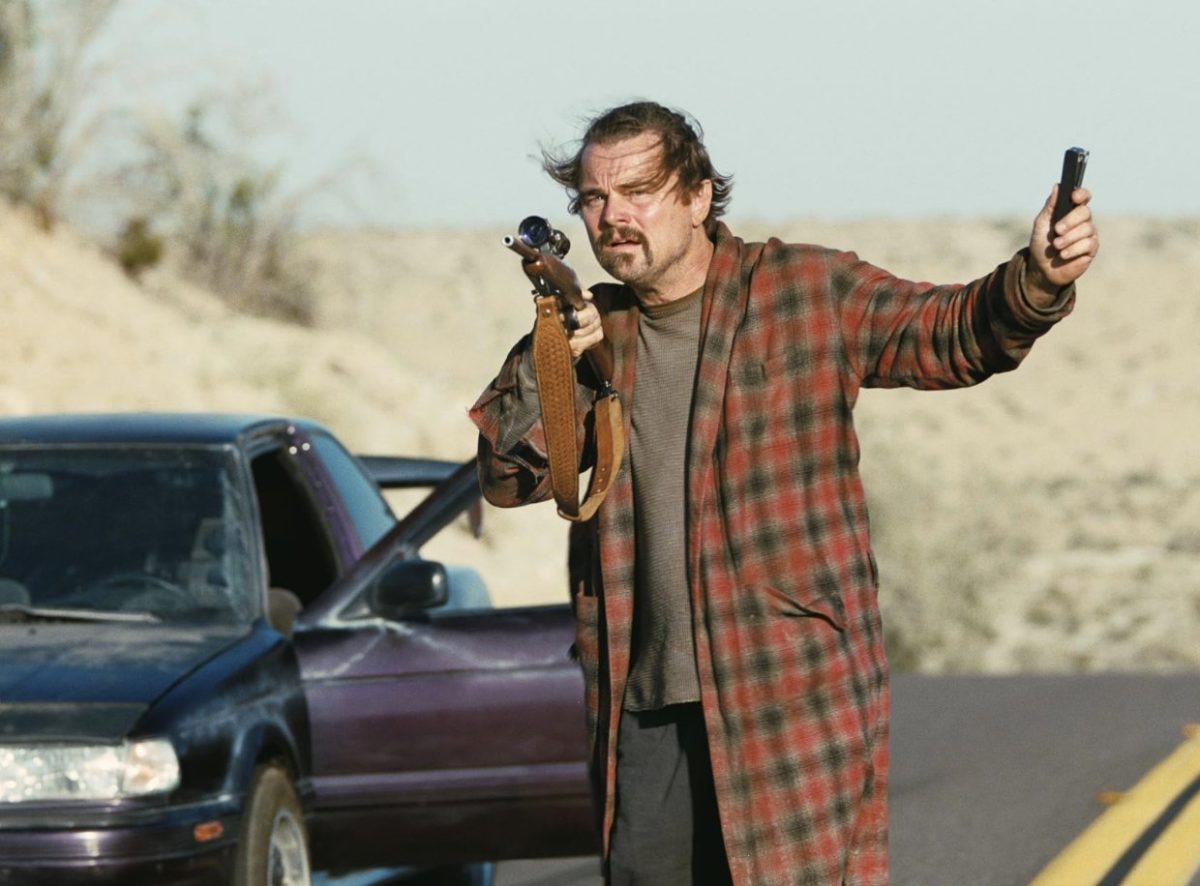
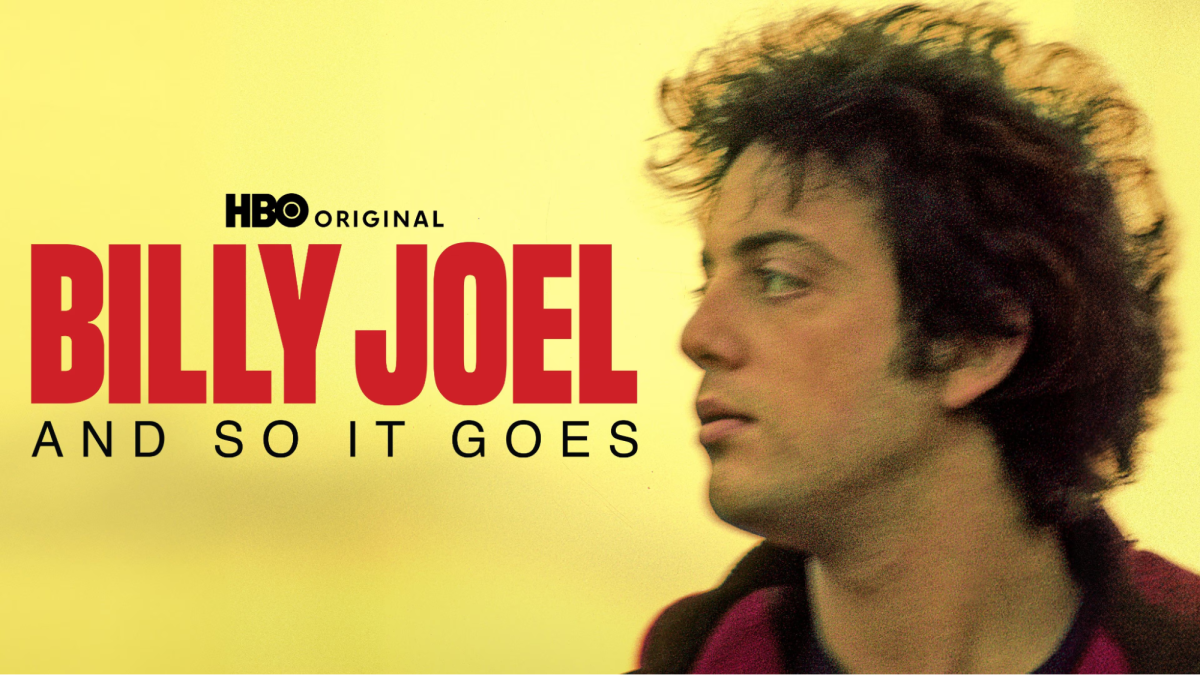




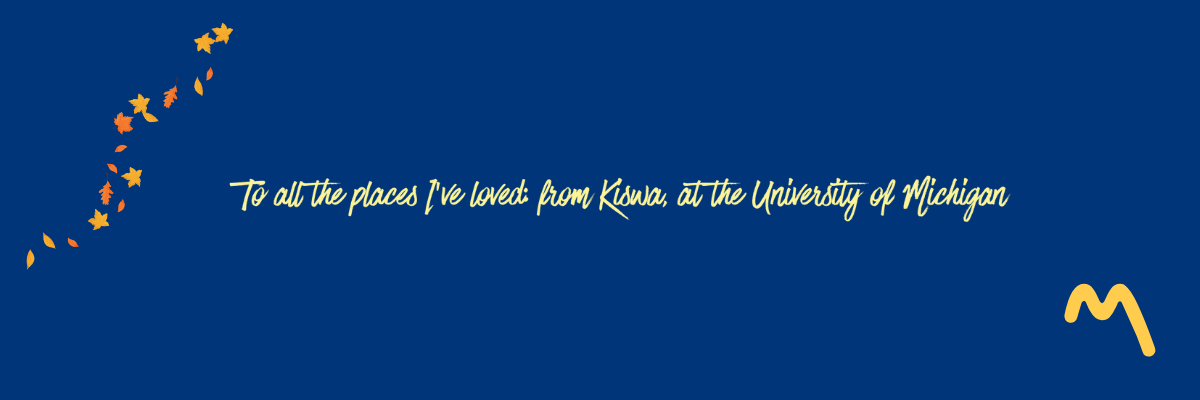


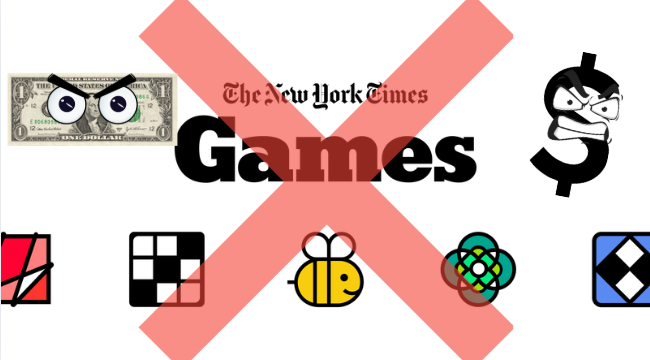
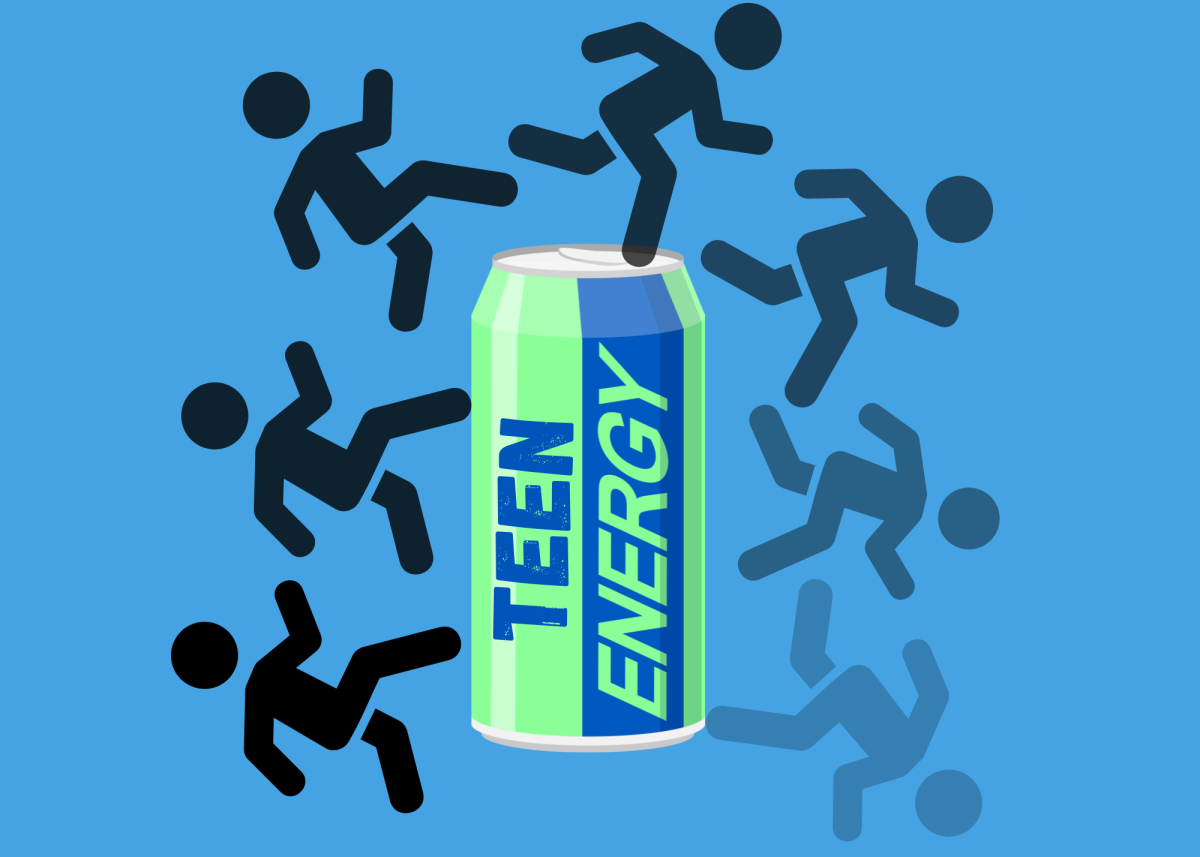
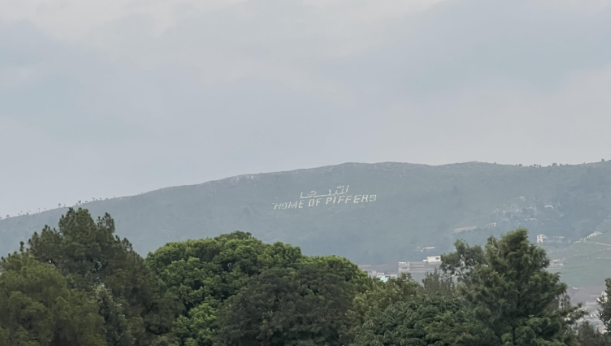


Cynthia Fey • Dec 20, 2023 at 3:12 pm
Love the banter — and the final consensus!